
Recommendation
Tom Nichols, a professor of national security affairs at the US Naval War College, says America has become a country “obsessed with the worship of its own ignorance.” Americans have always been skeptical of intellectuals and experts. Today, says Nichols, that attitude has mutated into outright hostility. In general, Americans have never been so willing to reject the knowledge of those who actually know something. This embrace of self-righteous ignorance bodes ill for the nation’s future. Nichols puts some blame on US universities, which fail to instill critical-thinking skills in students, and on the proliferation of news sources that compete by affirming their audiences’ biases. Nichols’s pessimistic polemic occasionally suffers from a “kids-these-days” tone, and he doesn’t offer much in the way of solutions to the problems he describes. Nevertheless, he provides a focused and frightening snapshot of current US attitudes. While always politically neutral, getAbstract believes Nichols helps laypeople understand the value and limits of expertise and offers insight to experts who are trying to communicate with the public.
Summary
About the Author
US Naval War College professor and adjunct professor at the Harvard Extension School Tom Nichols is a senior associate of the Carnegie Council for Ethics in International Affairs and a fellow of the International History Institute at Boston University. He won Jeopardy! five times.









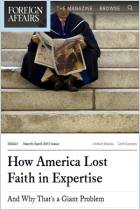
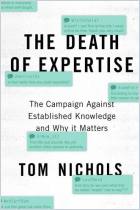
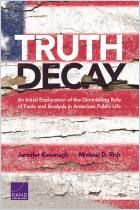
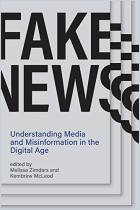
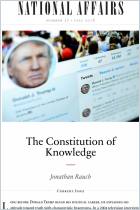
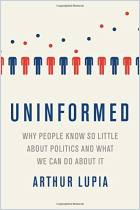


Comment on this summary